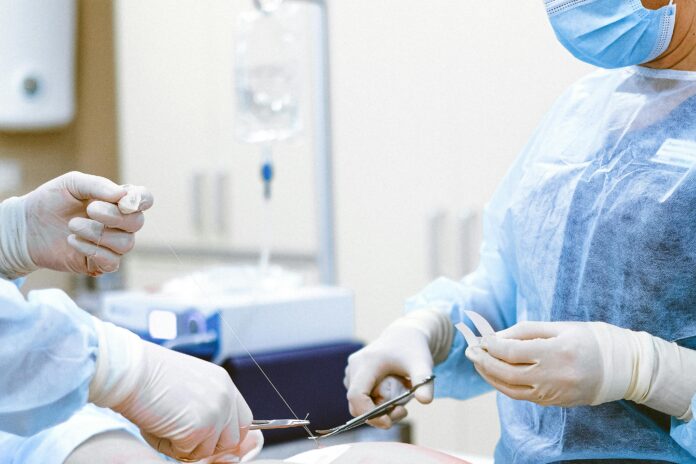Of the major Canadian healthcare policy changes in recent years, few have attracted as much attention — and perhaps controversy — as Medical Assistance in Dying (MAiD). This process, which was introduced into law in 2016, allows for those meeting the eligibility criteria to receive assistance from a medical team to end their life.
Though recent suggested changes to the eligibility criteria have attracted controversy, the policy itself appears to be here to stay. As a result, researchers have begun investigating the many effects this policy has had on other areas of the healthcare system. This includes a new study by researchers from Transplant Quebec which examined the effects of MAiD on organ donation in Quebec.
MAiD & organ donation in Quebec
Organ donations remain a large focus of scientific research and innovation. From minimizing the chances that the recipient’s body rejects the organ, to “bio-printing” new organs, great leaps have been made in advancing the science behind organ transplant procedures. However, government policies can also have an effect, as seen by a prior increase in organ donations in Ontario following a policy change.
The focus of the aforementioned Quebec study, therefore, was to understand what impact the introduction of MAiD had on organ donations in the province. As the researchers explain, medical professionals in Quebec were generally advised against mentioning organ donations during the MAiD process. However, since 2018, this has largely changed, with organ donation being mentioned to patients once the MAiD process has been finalized. The patient is then referred to Transplant Quebec should they express interest.
Following an initial screening that excludes patients with potential signs of cancer or viruses, eligibility is assessed on a case-by-case basis. One major change to the patient’s MAiD process is that the procedure must take place in a hospital in order to immediately perform the organ transplant.
MAiD made a difference
The researchers examined all MAiD patients who had been referred to Transplant Quebec from January 2018 to December 2022, with the primary outcome of interest being the number of organ donors after MAiD.
During this five-year period, 245 patients were referred to Transplant Quebec for organ donation after MAiD. Interestingly, this number jumped from 21 in 2018 to 109 in 2022. Of these 245, 163 referrals were not retained for donation — for reasons including medical unsuitability (55.8%), patient refusal (20.8%), and withdrawal from MAiD (12.9%). Of the 82 referrals that were retained, 18 were cancelled following subsequent medical unsuitabilities.
This means that 64 MAiD patients became organ donors, with this number increasing from 8 in 2018 to 24 in 2022. This 2022 statistic meant that 14% of all organ donors in Quebec during that year were MAiD patients, compared to only 4.9% in 2018. In total, 182 organs were donated, with the most common being kidneys, lungs, and livers, respectively.
However, the researchers also acknowledge some limitations, including a major disruption of the MAiD program due to the COVID-19 pandemic and data that could have been more complete and detailed regarding the patients’ reasons for refusal.
They conclude by saying that “the desire of some patients to help others after their death must be honoured, but in doing so, donation professionals must assure the system respects their autonomy and dignity.”








































